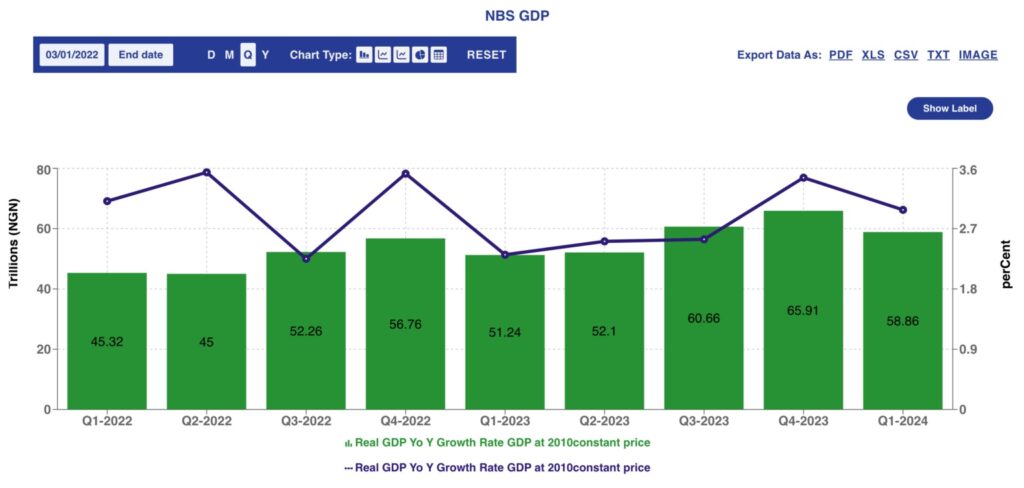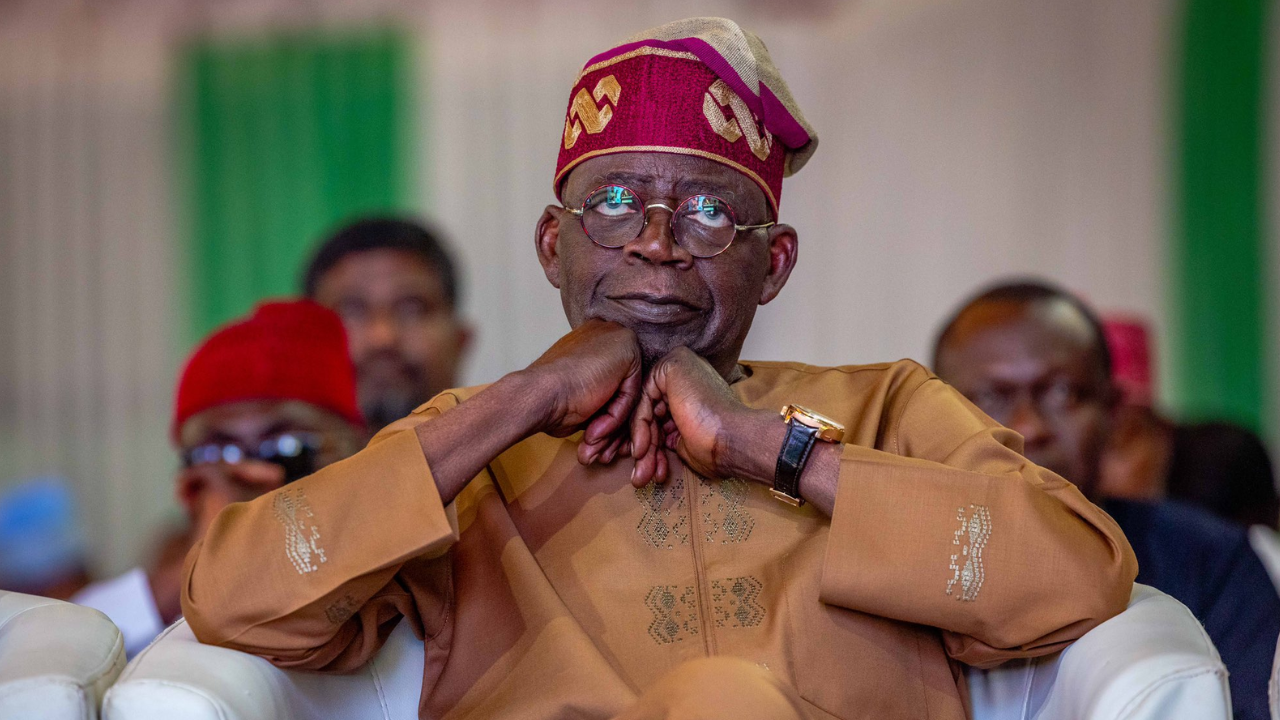Despite these ambitious goals, experts express skepticism. Professor Adegbemi Onakoya, a Professor of Development Economics at Babcock University, remarked that while Tinubu’s vision of a trillion-dollar economy for Nigeria is “aspirational,” it is not feasible under current conditions. He referred to it as a “stretch strategy,” implying that while it sets a high target, achieving it would be exceptionally challenging given Nigeria’s present economic constraints.

On Monday, October 23, 2023, President Bola Tinubu, dressed in his agbada, addressed business leaders and Nigerians at the 29th Nigeria Economic Summit in Abuja. He ambitiously claimed that Nigeria’s economy could reach $1 trillion by 2026 and further grow to $3 trillion within a decade. Tinubu promised “double-digit, inclusive, sustainable, and competitive growth” under his administration.
However, achieving this goal appears unlikely under current economic conditions. For Nigeria to hit a $1 trillion economy by 2026, with a GDP of N237.53 trillion, the naira would need to appreciate to N237.53/$, a scenario that seems improbable given the current macroeconomic environment.
Challenging Growth Prospects
The current exchange rate suggests that Nigeria’s economy would need to quadruple in size over the next three years to reach a $1 trillion GDP, assuming the exchange rate remains unchanged—an unlikely prospect. The International Monetary Fund (IMF) projects Nigeria’s GDP to be $253 billion in 2024, making it the fourth largest economy in Africa due to the devaluation of the naira.
The Hope of Rebasing
One possible strategy to edge closer to the $1 trillion target is rebasing the economy, as the National Bureau of Statistics (NBS) did in 2014. That year, Nigeria surpassed South Africa to become Africa’s largest economy by adjusting its GDP from $270 billion to $510 billion. Economists argue that another round of rebasing is necessary to reflect the true size of Nigeria’s evolving economy, particularly in sectors like healthcare, real estate, fintech, and trade.
The NBS has initiated the process of rebasing Nigeria’s GDP and Consumer Price Index (CPI) estimates, an exercise recommended by the United Nations Statistical Commission to be conducted every five years to capture updated economic conditions.
Justifying the Need for Rebasing
Former Chief Executive of National Planning, Ode Ojowu, emphasized the necessity of rebasing, highlighting the significant structural changes Nigeria has experienced since 2014. These changes include the rapid growth of technology and digital sectors such as fintech, e-commerce, and digital services. Additionally, the agricultural sector has seen the development of new value chains, including agribusiness, processing, commodity exchanges, and export activities, alongside the growth of renewable energy sources like solar power.
While President Tinubu’s vision of a $1 trillion economy by 2026 is aspirational, achieving it amidst the current economic challenges remains uncertain. Structural reforms, technological advancements, and accurate economic measurements through rebasing are crucial steps towards realizing this ambitious goal.



















Leave a Reply